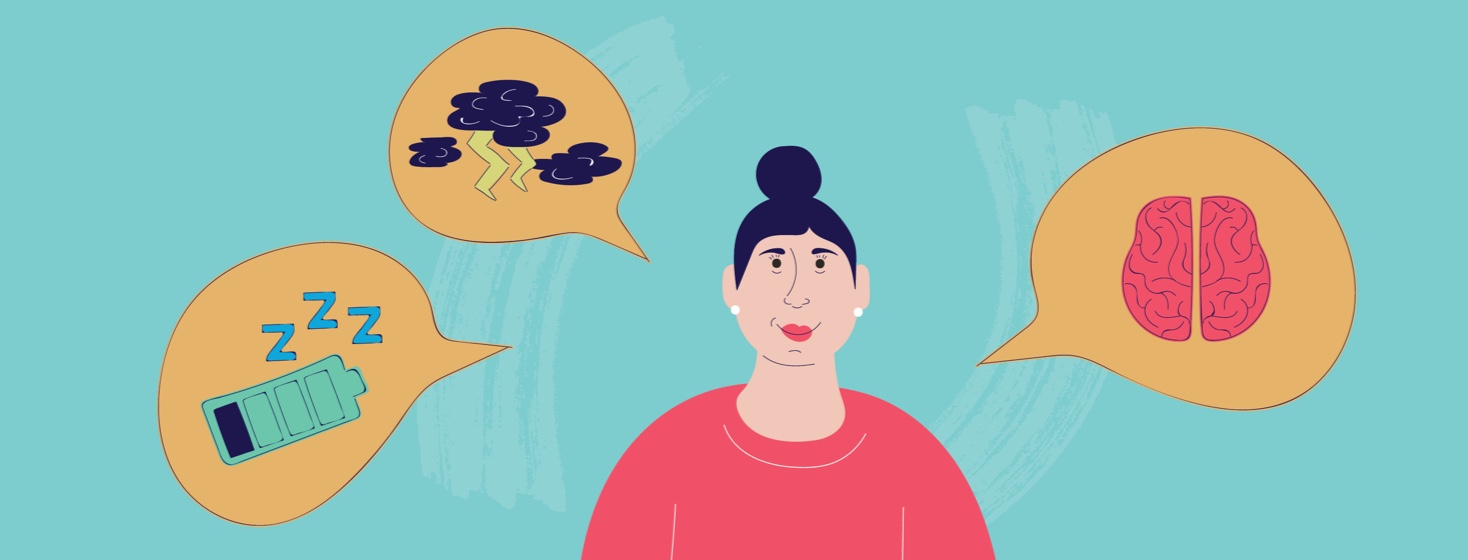Ask the Advocates: Mental Health (Part 1)
Editor's note: This is part 1 of a three-part 'Ask the Advocates' series on mental health. Part 2 can be found here and part 3 here.
We asked three of our advocates, Kevin, Carol, and Barbara, the question: "What does mental health mean to you?" Here's what they had to say.
What does mental health mean to you?
Kevin
I’ve always disliked the term “mental illness.” To me, it does nothing to help those who are suffering from what I’d rather say is a mental health disorder.
When I was younger, you’d often hear “He’s mental” as a pejorative statement about someone’s well-being. It also insinuated that it was a permanent condition and there was not much that could be done for that person to achieve mental health.
In the year 2020, we know that that is just not so. Schizophrenia, Alzheimer’s Disease, depression, and bi-polar disorder, just to select a few mental health disorders, are all “treatable” to a certain degree. The advances that have been made in pharmacology over the past 50 years have been remarkable.
So then, how do we achieve mental health? In some ways, I think we can equate mental health with well-being. According to the World Health Organization (WHO), mental health is “a state of well-being in which the individual realizes his or her own abilities, can cope with the normal stresses of life, can work productively and fruitfully, and is able to make a contribution to his or her community.”1
Good mental health affects how we think, feel, and act in a positive fashion. I believe it also affects how we handle stress and how to relate to others.
"Mental health is not just the absence of mental disorder. It is defined as a state of well-being in which every individual realizes his or her own potential, can cope with the normal stresses of life, can work productively and fruitfully, and is able to make a contribution to her or his community," according to Taryn Ozorio of mind.org.uk.2 I wholeheartedly agree with the exception of “normal stresses of life.” I think that depends on the individual.
Carol
My illnesses are COPD and Type 2 Diabetes. My mental health determines how well I control those physical illnesses. My state of mind affects my mood, my sleep, and my energy levels. It is a balancing act to keep them in sync. When one is out of balance, the other suffers.
If I am having a day of anxiety, my COPD symptoms are worse. I am also an emotional eater, which in turn can affect my blood sugars. Having severe COPD causes limitations within my life. Keeping a healthy mental attitude and acceptance of those limitations helps my quality of life.
None of us have perfect days, particularly people with a chronic illness. There are setbacks, exacerbations, and just the general messiness called life. How well I navigate my way through it all provides me with an overall sense of satisfaction. Good mental health is very broad in description, but to me, it is inner peace.
Barbara
It means being stress-free. It is being free of anxiety or depression. It is not feeling miserable with overwhelming grief or distress through psychological suffering. It means we can handle losses and uncertainty. It is lacking pleasure and being OK with it as if it were just another stone in the pond that we could handle.

Join the conversation